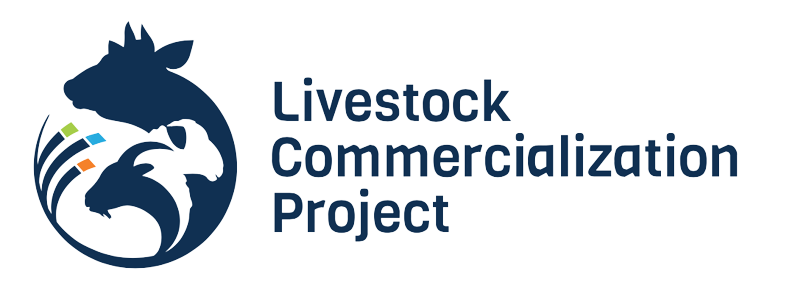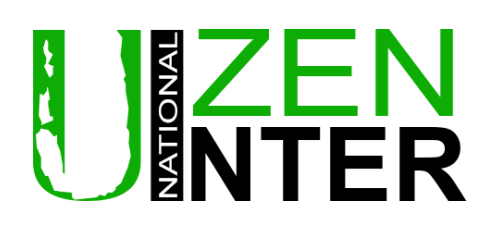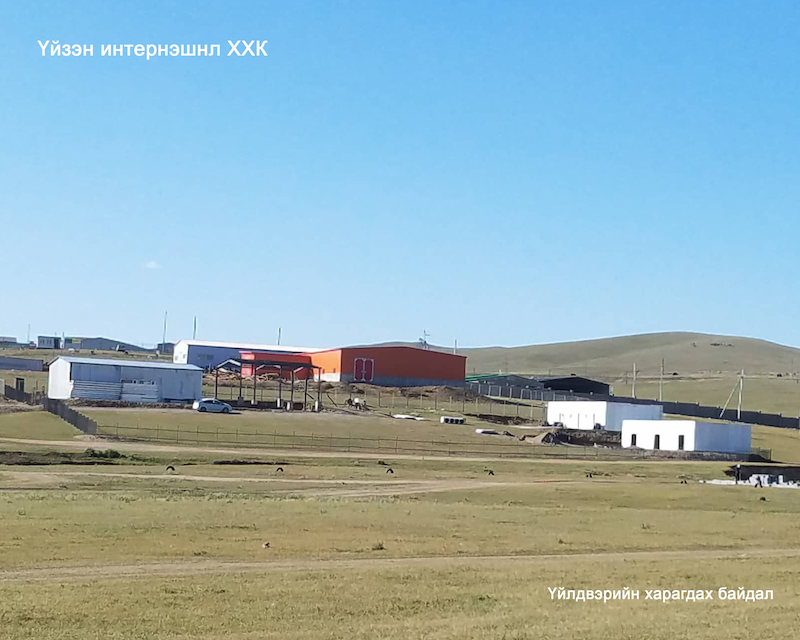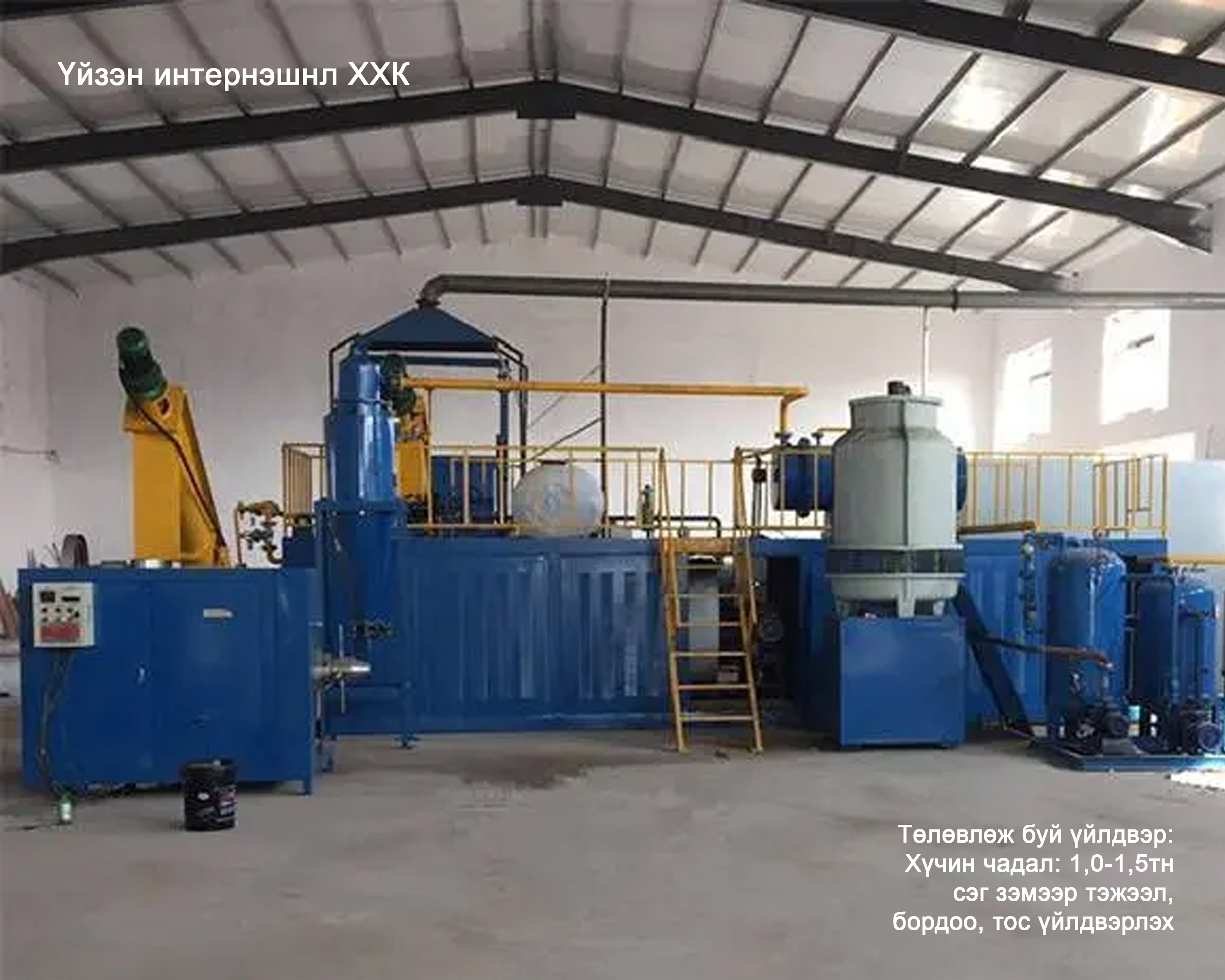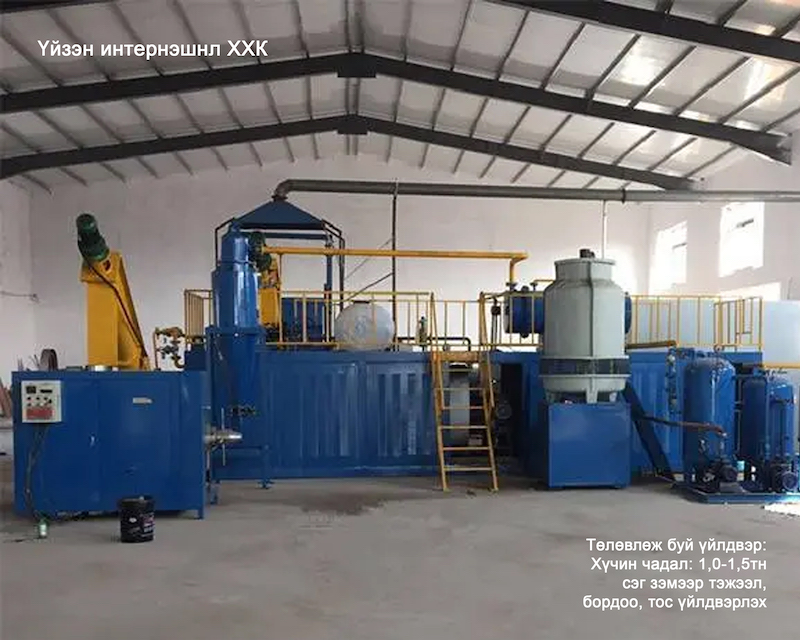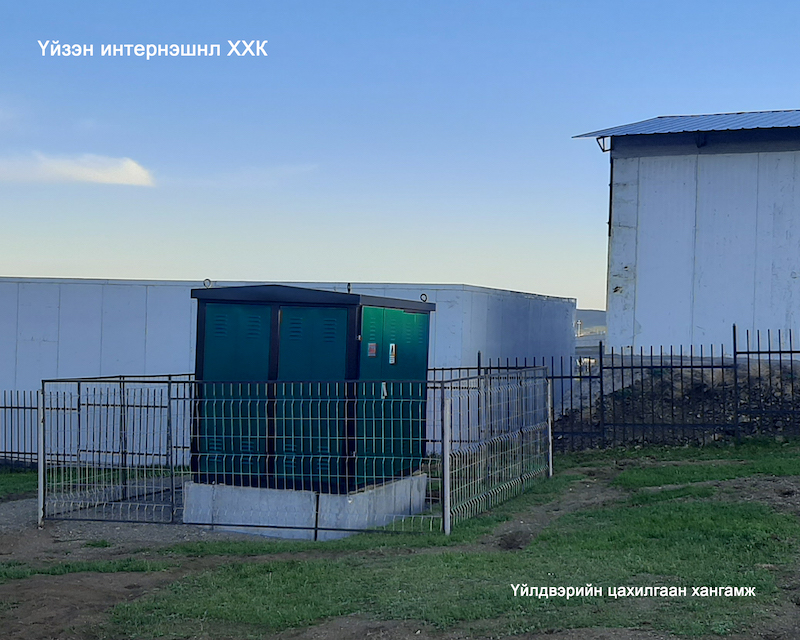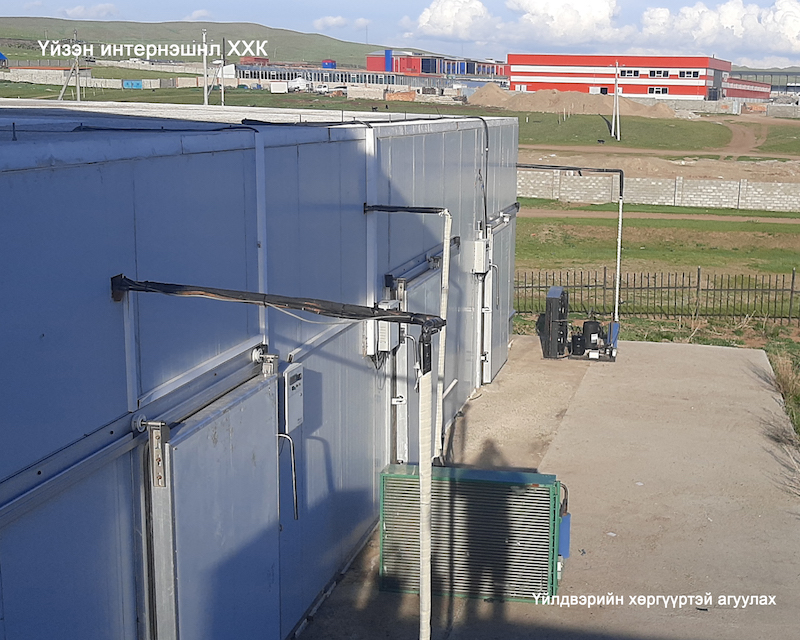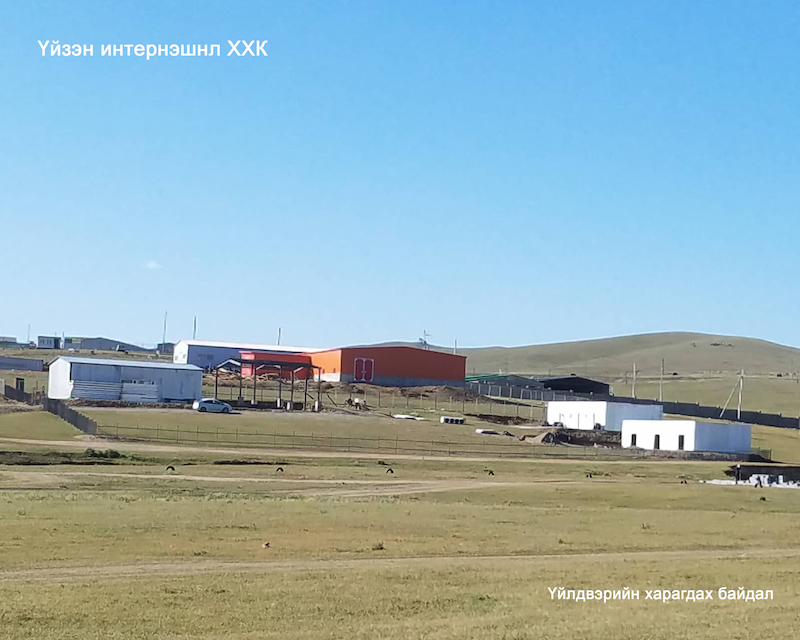About Us
Uizen International LLC
Project name: Eco-friendly animal husbandry project
Entity information: Uizen International LLC was established in 2014 and operates in fodder production, nutritious meat, and meat product processing direction. The company operates with 8 employees, including factory workers and administrative staff.
Brief information on real estate and other information of the plant: The factory plant has a 380 sq.m area, a refrigerated cellar for storing 300-tons of meat and meat product, 5,000 sq.m possession of land, 114 m deep water-well, and 380kW power substation supplying all demands of the production. In 2018, we established a cellar for 300 tons of meat and yearly we supply 50-100 tons of meat and meat products to the market.
Project objective: Yearly 1.0 thousand tons of animal-originated waste and carcasses and remains of dead animals of 4 surrounding soums, 9 slaughterhouses, 24 meat processing factories, and raw material collection centers pollute the environment of 32nd khoroo of Songinokhairkhan district of UB and Emeelt central meat and meat product trading center area. The main objective of the “Eco- friendly animal husbandry” project is to conduct operations to reduce the yearly budgetary cost of disposal and disinfection, dispose of carcasses and remains of animals produced from over 500 households, and reduce the amount of animal originated waste from over 500 families of the area by experimenting the production of eco-friendly fertilizers for agriculture, to produce 350-450 tons of fertilizers and 20-30 tons of oils of animal origin, and 40-55 tons of animal fodder in an eco-friendly way, reducing animal waste.
Planned activities:
- Dispose of dead animal carcasses and remains, and experiment producing fodder, oil, and agricultural fertilizers
- Reduce environmental pollution caused by animal carcasses and remains
- Reduce waste generated by the slaughterhouse, meat and meat product plants, and herder households
Proposed solutions:
- There is no centralized waste processing center for waste generated within the territory of the 32nd khoroo of the Songinokhairkhan district of Ulaanbaatar city. There are 33 slaughterhouses operating in Ulaanbaatar. Each slaughterhouse processes 50 large cattle and 100 ruminants daily, which produce 3.1 tons of animal excreta, 1.2 tons of blood, 1.8 tons of bones, and 3-5 tons of wastewater. Yearly, entities within this area generate 1,6 thousand tons of waste. The Emeelt animal market alone generates 52.8 thousand tons of waste yearly, which are buried in the landfill site. The Emeelt market surrounding is spread with the stench of animal remains and other wastes.
Beneficiaries: Will save the regular cost of transportation, fuel, human resources, and time resources spent for disposing of animal carcasses generated from around 500 households of 4 soums, and increase herders income from procurement of animal remains as raw material.
Project location: 32nd khoroo, Songinokhairkhan district, Ulaanbaatar
Make an appointment

Баруун дээд буланд байрлах товч дээр дарж Профайл руу шилжинэ.
Санамж: Та тухайн өдөр цагтаа цаг товлосон газрын утсаар холбогдож уулзалтаа хийнэ үү!
